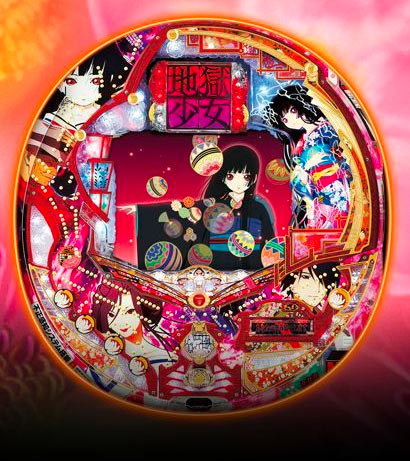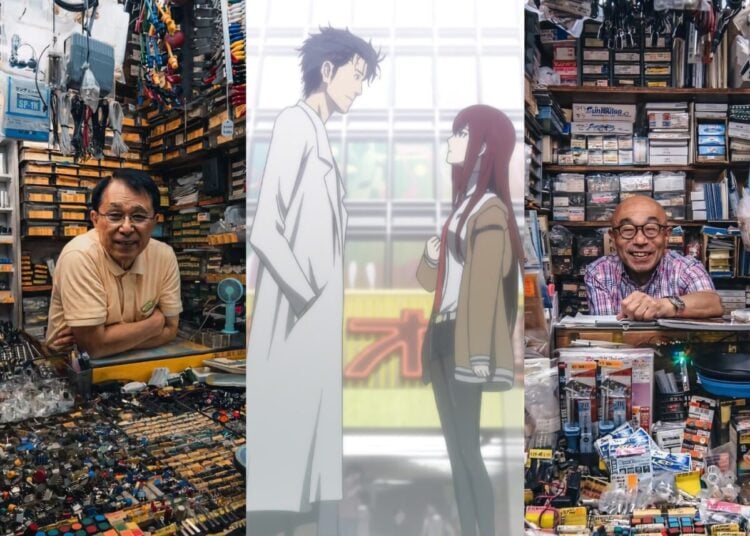Japan’s “anime” industry, of course, is part of a complex network of companies in related but separate industries, all working symbiotically to create products that engage and delight fans and hopefully make money at some point. Anime studios get their stories from manga series or light novels, or from popular visual novels like Steins;Gate or Fate/stay night. Anime and games are dependent on Japan’s highly developed voice acting industry to bring their characters alive, since shows like Bakemonogatari or IdolMaster just wouldn’t be the same those incredibly talented seiyu. Another part of the larger anime puzzle is Pachinko, a popular gambling/leisure activity in which you shoot metal balls in a pinball-like machine, hopefully ending up with more balls than you started with. Over the past decade, the pachinko world has been doing “tie-up” deals with anime studios to create anime-themed pachinko machines which feature video, sounds and more. They get quite involved: the Bakemonogatari machine actually has original video content only can only see in the game, and a new Lupin III machine has a story you control as you play. While Japan’s domestic market for anime, manga and games is around $3 billion, the pachinko industry is about ten times this size, and the reality is that many anime series we love to watch wouldn’t get made if it weren’t for the licensing fees paid for the pachinko game rights, which provides the backing a lot of projects need.

The connection between anime and pachinko is strong.














